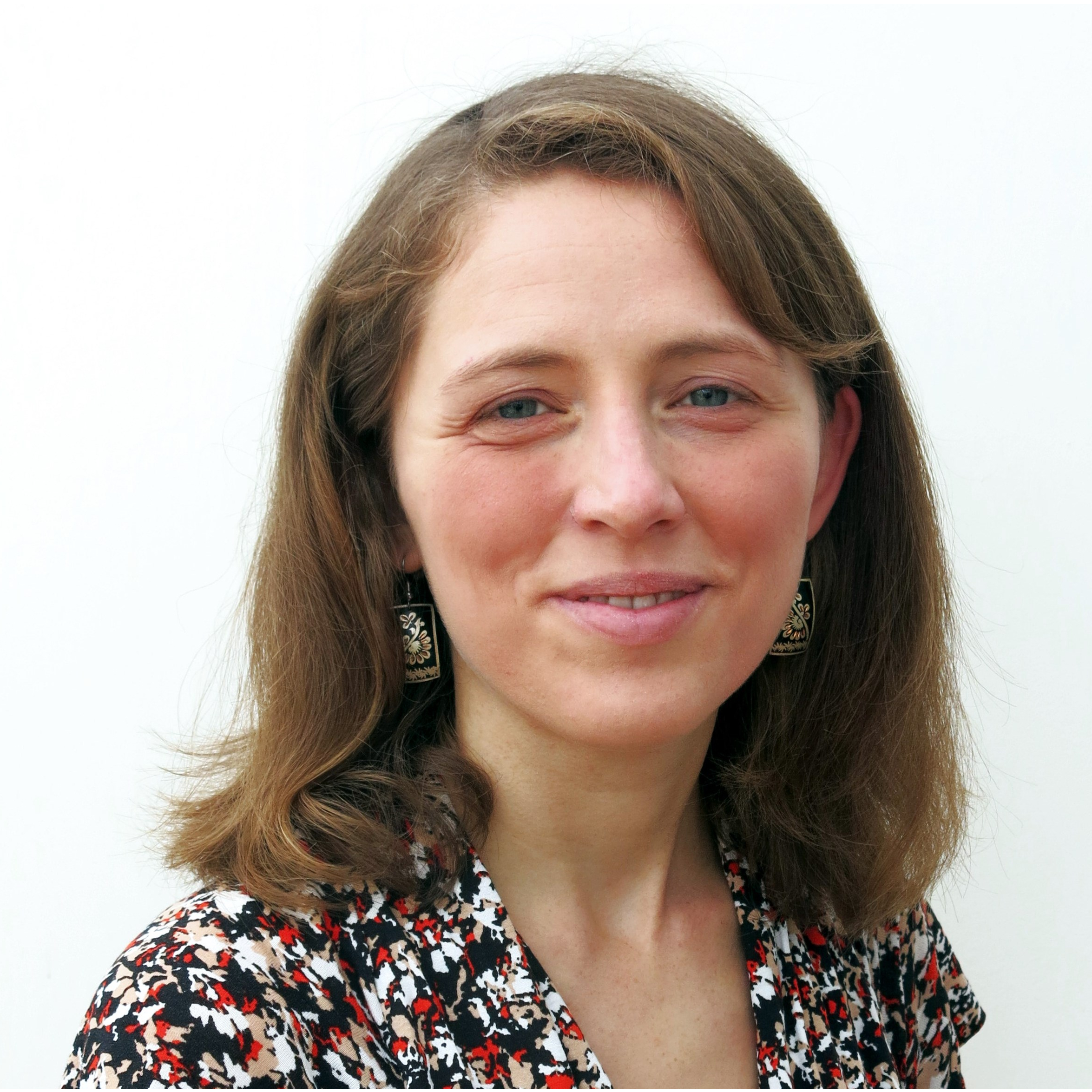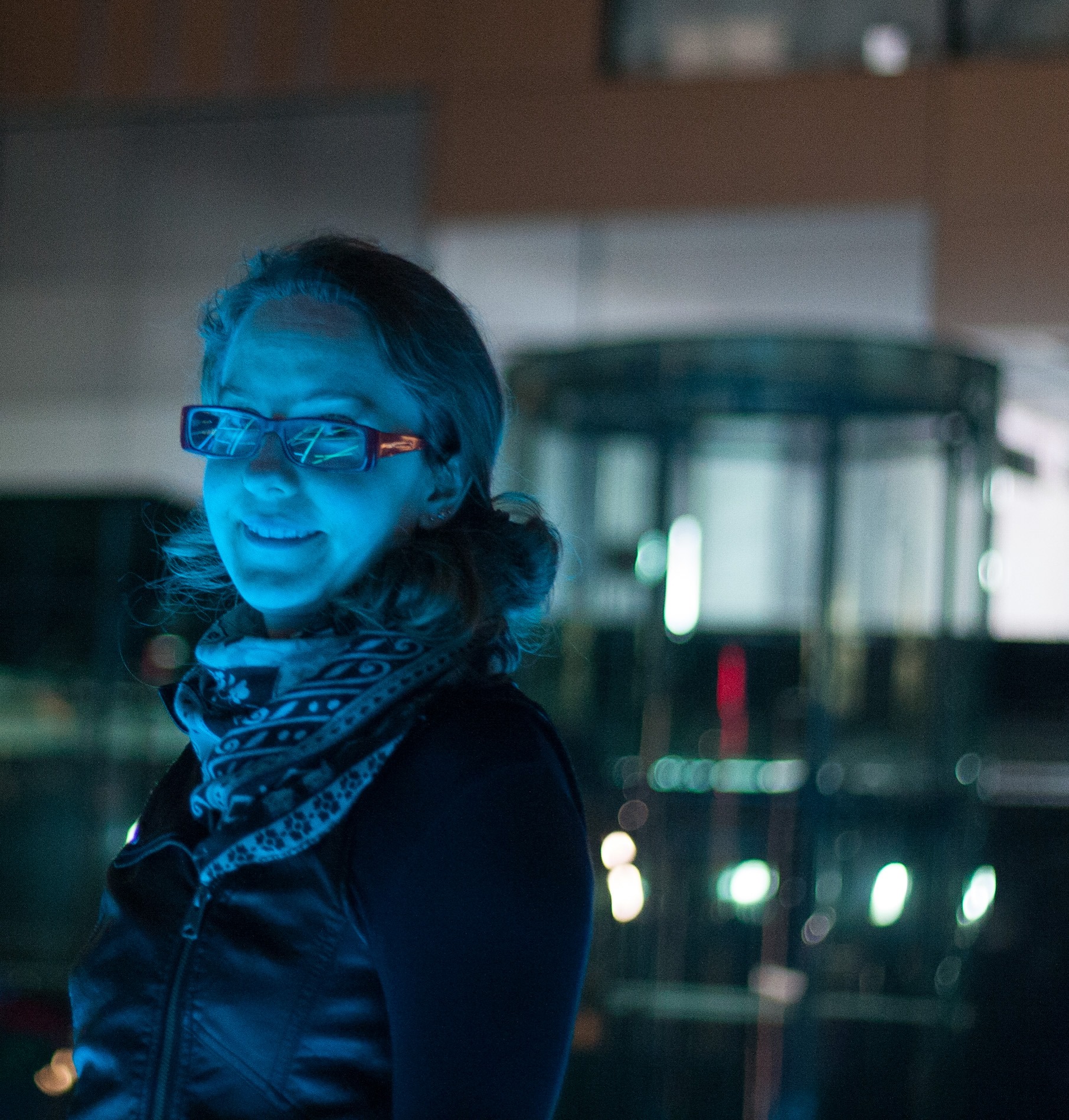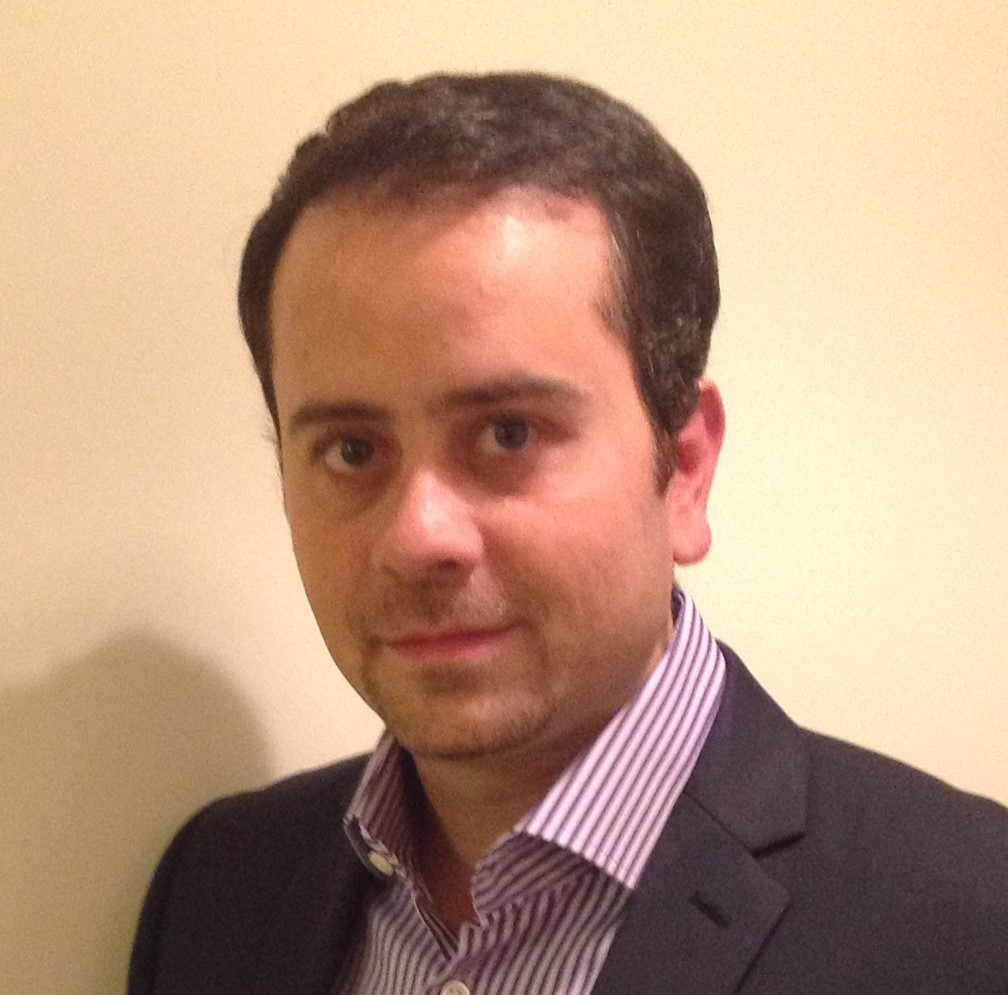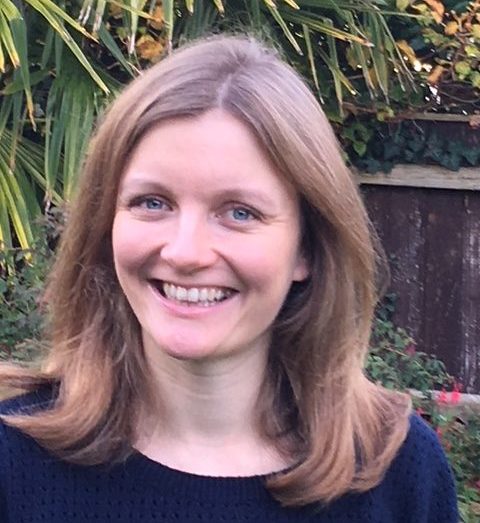PhD in Clinical Medicine, University of Oxford (2012)
| Senior Policy Manager | |
|---|---|
| Novo Nordisk | |
Job highlight: Engaging with politicians making decisions that really matter
My research training set me up to… be independent and creative in approaching a problem.
What’s your background?
After an undergraduate degree in Human Sciences, I worked as a laboratory technician for one year before deciding to pursue a lab-based PhD. My research focused on understanding the contribution of genetics to a person’s’ risk of developing Type 2 diabetes.
Whilst finalising my thesis and for a little time thereafter, I worked as a freelance medical writer. I then worked for five years in various science strategy and research policy roles at the Research Councils based in Swindon. In May 2017, I relocated to Copenhagen for a policy role at Novo Nordisk.
Why did you move away from academia?
I really enjoyed my PhD research, but decided about halfway through that academia wasn’t for me in the long term. I could not imagine myself working in a lab for several more years, and did not find the tyranny/insecurity of grant-applications and short-term contracts an appealing prospect.
I absolutely believe that discovery research is essential (and have defended/promoted it in my jobs since), but I personally wanted to do something with more immediate and tangible impact.
Is there anything you miss about academia?
Academia undoubtedly allows a level of freedom and flexibility (both in terms of subject matter and time management) that is hard to find in other sectors – particularly at the level you are likely to enter. Less tangibly, there is nothing which can really beat the feeling that you are discovering something genuinely brand-new.
How did you get this job?
I got my first non-academic job at the UK Research Councils through an application for an open position – it was by no means the first application I made!
My current position at Novo Nordisk followed an informal approach and discussions, followed by a recruitment process.
Did you think you had the skills required for your current position before you started? Were you right?
Of course not! Everyone always doubts their abilities before starting a new job… especially one in a new sector. I was confident that I knew diabetes and research policy well, but was of course nervous about working in a company for the first time. There has certainly been lot to learn about the commercial environment, but everything is possible!
How did your PhD prepare you for your current job? For example, what were the transferable skills that you developed during your PhD that are most relevant to your current job?
Whilst I do not use the detailed science from my PhD, my overall understanding of the research process and research landscape (the kind of thing you might write in a thesis/paper introduction) has been useful. The fact of having a PhD also gives you a level of credibility, especially in roles which require you to interact with academic or industrial researchers.
A research PhD requires a high level of initiative and independent-problem solving. Do not underestimate the value of these skills in any sector and any setting.
Did you have any preconceptions about your sector that proved to be wrong?
It’s no secret that the pharmaceutical sector has some reputational challenges. However, the reality is complex and I feel just as comfortable about the “value” of my work now as I did whilst working in academia and in the public sector. A corporate environment is different to a University one, but not as much as you might expect – people are people and big organisations are big organisations, wherever they are.
More generally, I find the mentality that moving outside academic is a failure or that moving to industry is “selling out” frustrating and just plain wrong. Academic research is one way to do good in the world and have a fulfilling career. There are many others.
Can you describe a typical week in your job?
Not really! My work now is far more varied than it was in academic research. I probably spend about half my time in meetings (big and small) and a fair amount more talking to people informally. A significant amount of desk time is spend producing short written briefings/updates on topics of interest. I work primarily on EU policy issues, so I travel every week or two for meetings in Brussels.
What’s the workplace culture like?
It’s a corporate environment, so things like business attire and overall presence in the office are a given. That said, the overall approach to things like working hours is flexible.
In comparison to academia, things like reporting lines, objectives and performance management are far more structured. This means there are systems to get your head around, but the level of clarity and support is more reliable.
What are your favourite parts of your job?
I get to work on a huge variety of issues at a big-picture strategic level – it’s fast-paced and never boring. I feel lucky that I get to use my research background in understanding the issues and helping communication between scientists and the outside world, but don’t actually do the in-depth work myself. For me, it’s the perfect combination.
What are your reflections on your (future) career path?
Not enough! So far my career planning has been minimal – I’ve just followed the opportunities that presented themselves and seemed interesting at the time. But I feel confident that my profile – a science background, with research-policy roles in the public and private sectors – leaves a range of options open.
Do you have any advice for current graduate students and postdocs considering a career outside of academia?
If you are a successful researcher, you can solve a problem and you can write. These are invaluable skills in any sector.
Remember that academic research is one career path amongst hundreds – changing paths is something that happens all the time. Your first job outside academia doesn’t have to be the one you stay in forever… don’t feel pressure to get it perfectly “right” first time.
Can you recommend any relevant resources, organisations or events that might help somebody new to the sector find out more about it?
Big pharmaceutical companies are always keen to recruit the right people from academia. There are plenty of recruitment information days: go to them, stay on and speak to the company people there afterwards.
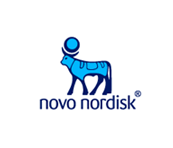 At Novo Nordisk, we are driving change to defeat diabetes and other serious chronic diseases. Novo Nordisk is a global healthcare company with more than 95 years of innovation and leadership in diabetes care. This heritage has given us experience and capabilities that also enable us to help people defeat other serious chronic diseases: haemophilia, growth disorders and obesity. Headquartered in Denmark, Novo Nordisk employs approximately 43,200 people in 80 countries and markets its products in more than 170 countries.
At Novo Nordisk, we are driving change to defeat diabetes and other serious chronic diseases. Novo Nordisk is a global healthcare company with more than 95 years of innovation and leadership in diabetes care. This heritage has given us experience and capabilities that also enable us to help people defeat other serious chronic diseases: haemophilia, growth disorders and obesity. Headquartered in Denmark, Novo Nordisk employs approximately 43,200 people in 80 countries and markets its products in more than 170 countries.
Careers Page: https://www.novonordisk.com/careers/working-at-novo-nordisk/available-jobs.html
Job Agent: https://www.novonordisk.com/careers/working-at-novo-nordisk/email-job-agent.html
Unsolicited Applications: https://www.novonordisk.com/careers/working-at-novo-nordisk/unsolicited-applications.html
Novo Nordisk Research Center Oxford: http://www.novonordisk.co.uk/about-novo-nordisk-in-uk/oxford-research-centre.html
Novo Nordisk – Oxford Fellowship Programme: https://www.rdm.ox.ac.uk/work-with-us/novo-nordisk-oxford-fellowships

